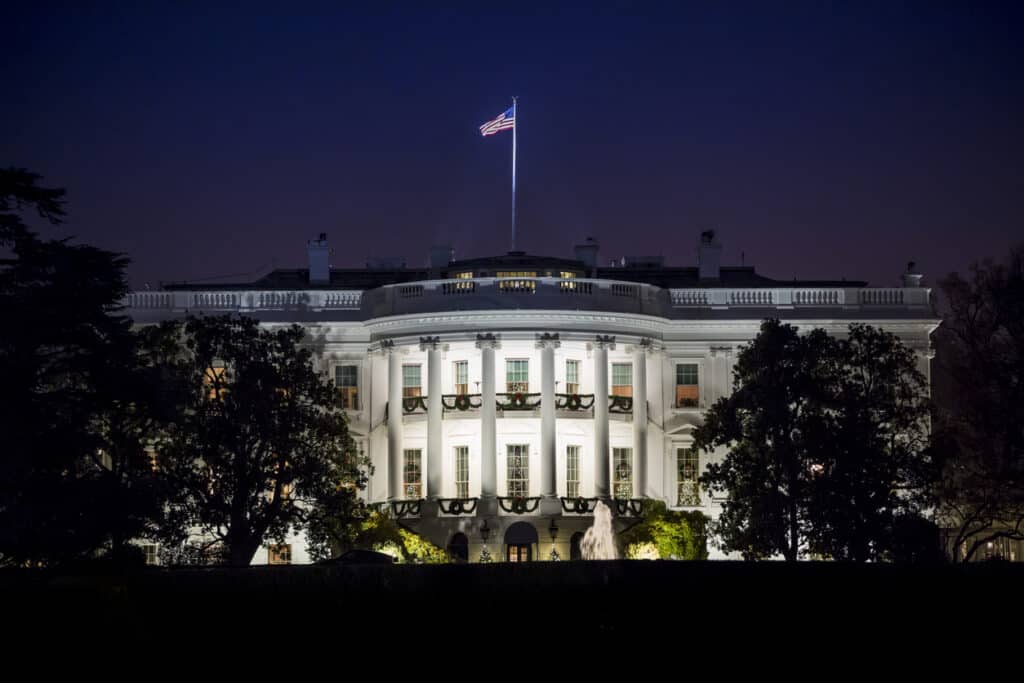President Biden has signaled that fighting global corruption will be at the core of his foreign policy. In June, he released a “Memorandum on Establishing the Fight Against Corruption as a Core United States National Security Interest,” which mandates that government officials file recommendations on how the U.S. government can bolster its fight against corruption.
According to a leading whistleblower attorney, strengthening U.S. whistleblower programs should be a key component of the Biden administration’s fight against corruption. In a new piece for the National Law Review, Stephen M. Kohn, a founding partner of whistleblower law firm Kohn, Kohn & Colapinto and Chairman of the Board of the National Whistleblower Center, outlines a number of recommendations of how best to strengthen these whistleblower programs.
Kohn begins his piece by highlighting how effective whistleblowers have proven to be in fighting corruption. He highlights the fact that over the past decade, thousands of non-U.S. citizens have blown the whistle on a variety of misconduct, ranging from violations of the Foreign Corrupt Practices Act (FCPA) to the Act to Prevent Pollution on Ships (APPS). According to Kohn, the data on the efficacy of anti-corruption whistleblowing matches the consistent praise that experts and government officials give towards U.S. whistleblower programs. Kohn writes that “[a]ll major government officials responsible for the law enforcement programs that have utilized whistleblowers (including international whistleblowers) have praised the role of whistleblowers in fighting corruption in glowing terms, along with numerous academic experts and the Senate Judiciary Committee.”
Kohn also points to WNN’s Marist poll on whistleblowing as proof that the American public supports strong whistleblower programs. He notes that the poll shows that “the vast majority of Americans, across every segment of the population, overwhelmingly support whistleblowers.”
Kohn then offers nine detailed recommendations on how best to strengthen U.S. whistleblower programs in order to fight corruption. They are as follows:
- Implement OECD Recommendations for Fighting International Bribery
- Amend the AML Law to Conform to the Dodd-Frank Act’s Highly Effective Whistleblower Act
- Support Efforts to Expand the Commodity Futures Trading Commission’s Role in Fighting International Corruption
- Enact Whistleblower Protections for Trafficking and Illegal Timbering
- Proper Funding and Administrative Support for the IRS Whistleblower Program
- Review Current U.S. Whistleblower/Anti-Corruption Laws to Maximize their Potential for Fighting International Corruption
- Implement the Recommendation of the OECD to Enhance Whistleblower Protections by Increasing Support for International Whistleblower Trainings and Educational Programs
- Create an International Whistleblower Office (“IWO”)
- Implement the Recommendations the U.S. Senate has Unanimously Supported Over the Past 10-years in Promoting National Whistleblower Appreciation Day
“The empirical record fully supports aggressively implementing and supporting Dodd-Frank Act style whistleblower programs as a critical component of the United States’ international anti-corruption efforts,” Kohn states in his conclusion. “Supporting these programs will generate billions in sanctions that can be reinvested into the anti-corruption program and will enjoy the overwhelming support of anti-corruption NGOs and government officials around the world. The American people will back up these programs, and given the effectiveness in protecting taxpayers and investors, will profit from a robust transnational approach to anti-corruption and whistleblower protections.”
Read:
Biden’s Cabinet Response to Memo on Fighting Against Corruption as Nat’l Security Interest
